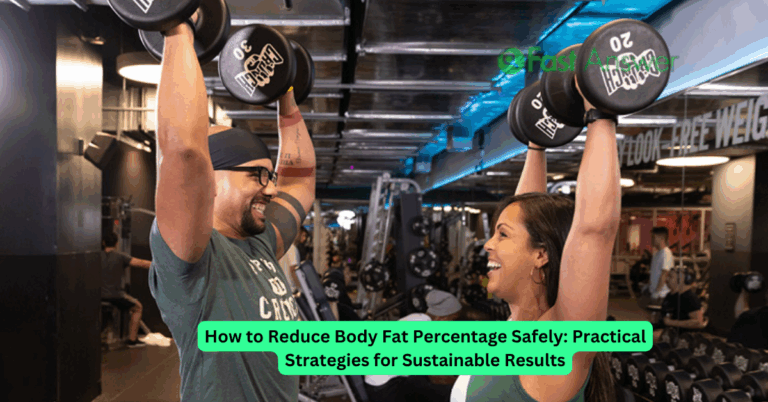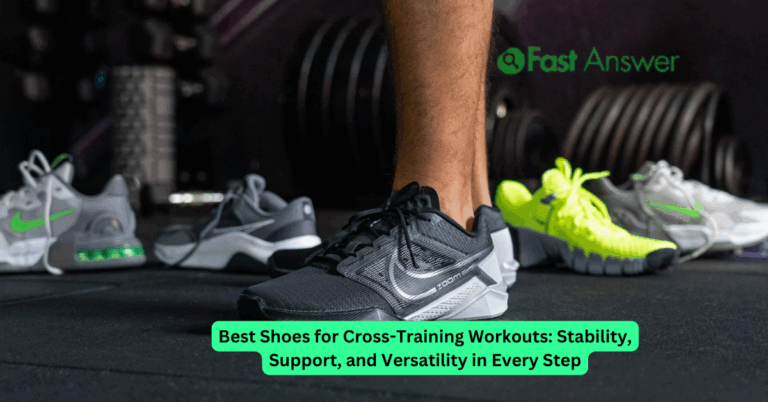Fitness Myths That Slow Down Progress (And What to Do Instead)
Sticking to a fitness routine is hard enough without falling for misleading advice. Yet many people unknowingly sabotage their progress by clinging to outdated or incorrect fitness beliefs. These myths don’t just waste time they often lead to burnout, frustration, and even injury. Understanding what works (and what doesn’t) is critical if you want to see real, lasting results. Whether you’re just starting out or trying to break through a plateau, uncovering the truth behind these common fitness myths will help you train smarter, not harder and stay motivated along the way.
More Sweat Doesn’t Always Mean a Better Workout
One of the most persistent myths is that sweating more equals burning more fat. In reality, sweat is your body’s way of cooling itself, not a direct measure of calories burned or effort exerted. Some people sweat heavily doing light activity, while others barely perspire during high-intensity workouts. Judging your progress by how soaked your clothes are can be misleading. Instead, focus on how your body feels, how consistent your effort is, and whether you’re getting stronger or building endurance over time.
Doing Endless Crunches Won’t Give You Visible Abs
Ab exercises like crunches and sit-ups are often praised as the key to a flat stomach. But here’s the truth: no matter how many crunches you do, you won’t see abs if there’s a layer of fat covering them. Spot reduction the idea that you can target fat loss in a specific area is a myth. Real core definition comes from full-body fat loss, which means a balanced combination of cardio, strength training, and clean nutrition. If your goal is visible abs, ditch the hundreds of crunches and focus on what actually works.
Lifting Weights Won’t Make You Bulky But It Will Make You Stronger
Especially among women, there’s a common fear that lifting weights will result in an overly muscular or bulky physique. In reality, building significant muscle mass requires years of specialized training and a calorie surplus. For most people, strength training leads to better tone, improved posture, and increased metabolism. If you avoid weights out of fear of looking bulky, you’re likely missing out on one of the most effective ways to reshape your body and burn fat more efficiently.
Skipping Rest Days Doesn’t Speed Things Up It Slows You Down
Rest is often undervalued in fitness routines. Some people believe that working out every day will bring faster results, but this can actually stall progress. Your body repairs and strengthens itself during rest, not while you’re exercising. Overtraining leads to fatigue, decreased performance, and a higher risk of injury. Active recovery, sleep, and proper rest days are essential components of any sustainable workout plan. Think of recovery as part of the process, not time off from it.
Cardio Isn’t the Only Way to Lose Weight
Many people equate weight loss with hours on the treadmill, but excessive cardio can backfire by burning muscle along with fat. While cardiovascular exercise is great for heart health and calorie burning, strength training is just as crucial if not more. Resistance-based workouts help preserve lean muscle mass, which keeps your metabolism high and your body strong. A balanced routine that includes both cardio and strength yields far better long-term results than cardio alone.
FAQs
Is it true that muscle turns into fat if you stop working out?
No muscle and fat are different tissues. If you stop exercising, muscle mass may decrease, and fat may increase, but one doesn’t convert into the other.
Do I have to feel sore after every workout for it to be effective?
Not at all. Soreness means your body is adapting, but progress still happens without constant soreness.
Can I lose fat in just one part of my body, like my belly?
No spot reduction is a myth. Fat loss happens throughout the body with a calorie deficit and full-body training.
Are longer workouts always better?
Quality matters more than quantity. Short, focused workouts can be more effective than long, unfocused sessions.
Will eating after 8 PM make me gain weight?
Weight gain is about total calorie intake, not the clock. Eating late isn’t inherently fattening unless it pushes you into a surplus.


